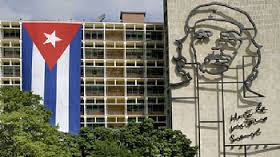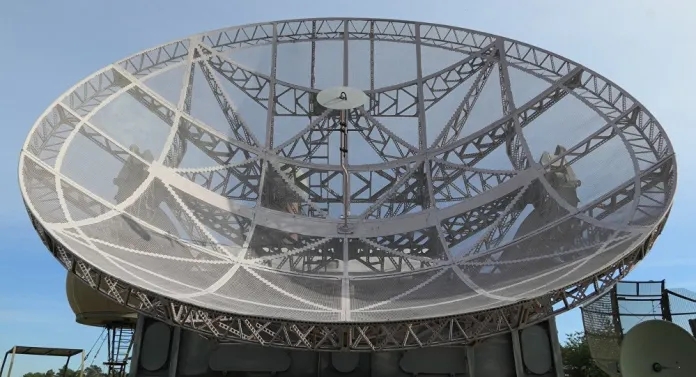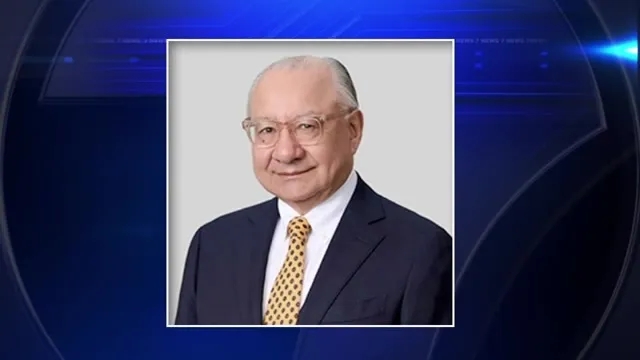
Ambassador-Spy Manual Rocca
By JOSHUA GOODMAN AND JIM MUSTIAN ASSOCIATED PRESS
MIAMI — The widow of a prominent Cuban dissident killed in a mysterious car crash has filed a wrongful death lawsuit against a former U.S. ambassador suspected of working for Cuba, accusing the former diplomat of sharing intelligence that emboldened Cuba’s communist leaders to assassinate a chief opponent.
Oswaldo Payá died in 2012 when his car crashed into a tree in eastern Cuba in what the government deemed an accident caused by driver error. However, a survivor said the vehicle had been rammed from behind by a red Lada with government plates, a claim in line with findings by the Inter-American Commission on Human Rights last year that state security agents likely participated in the activist’s death.
In the state lawsuit filed Thursday in Miami, Ofelia Payá accused Manual Rocha, a former U.S. ambassador to Bolivia, of being an “accomplice” to her husband’s “assassination.” Rocha was arrested in December on charges he worked as a secret agent of Cuba stretching back to the 1970s.
Rocha “directly aided Cuban officials by providing them with critical intelligence that he obtained through his Top-Secret security clearance and influential roles,” the lawsuit alleges. “Cuba would not have been able to execute Mr. Payá with impunity without Defendant conspiring with and providing intelligence and aid to Cuba’s dictatorship.”
The lawsuit, filed on what would have been Payá’s 72nd birthday, underscores the deep anger and sense of betrayal felt by Miami’s powerful Cuban exile community, which viewed Rocha as a conservative standard bearer and one of their own. Payá is being represented pro bono by attorney Carlos Trujillo, the son of Cuban immigrants who served as Ambassador to the Organization of American State during the Trump administration.
While the lawsuit cites no evidence linking Rocha to the death, it claims Rocha as a diplomat and in business after retiring from the U.S. Foreign Service in 2002 sought ways to secretly strengthen Castro’s revolution.
Those efforts allegedly included securing a position from 2006 to 2012 as a special adviser to the head of U.S. Southern Command in Miami, which has responsibility over Cuba.
“Beneath this veneer of loyalty and service to the United States, Defendant held a clandestine allegiance to the Cuban regime,” the lawsuit alleges.
A review by The Associated Press of secret diplomatic cables published by Wikileaks found that over 20 months between 2006 to 2008, diplomats from the U.S. Interests Section in Havana sent SOUTHCOM’s commander 22 reports about Payá’s activities, his funding from the U.S. government and interactions with American officials.
Feature Continues Here: Cuban Spy Sued
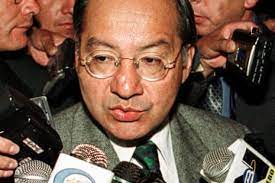
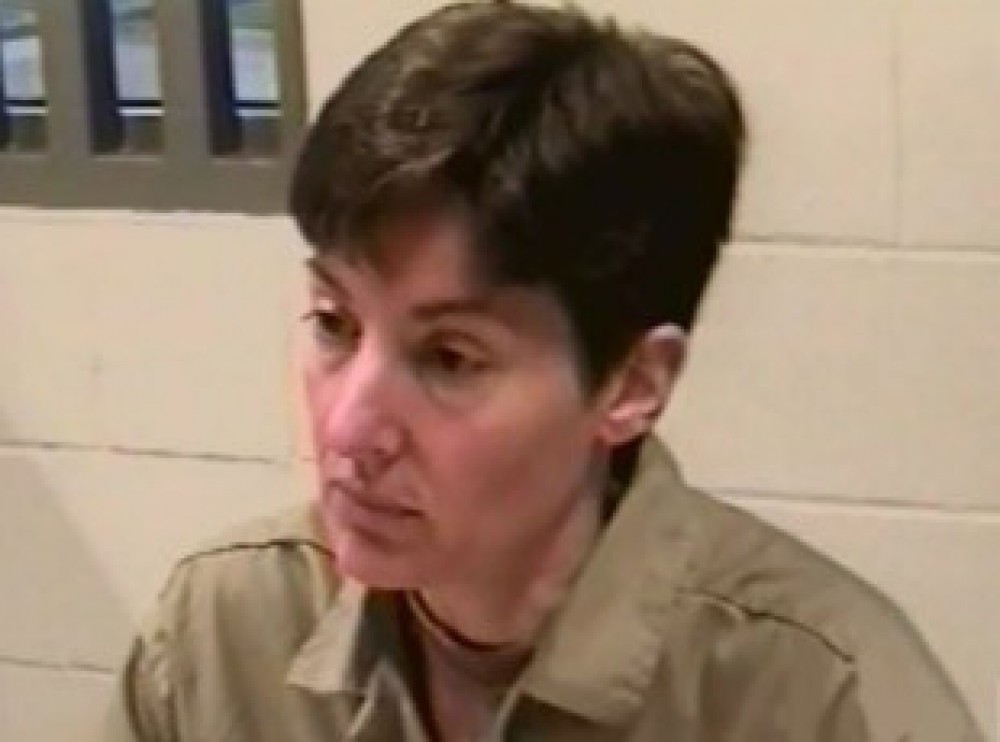
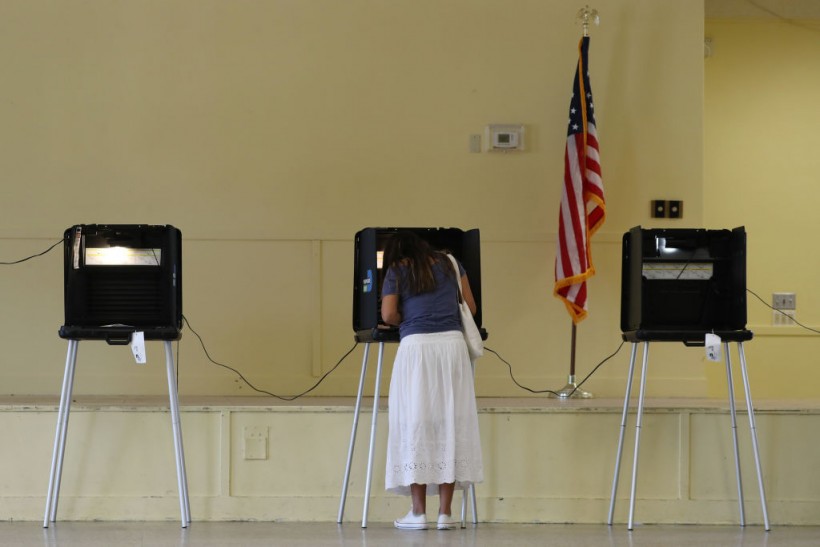

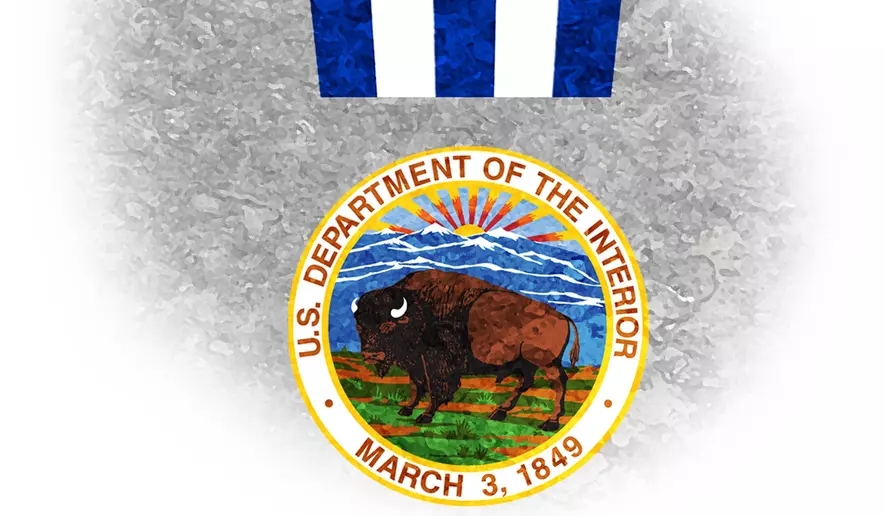
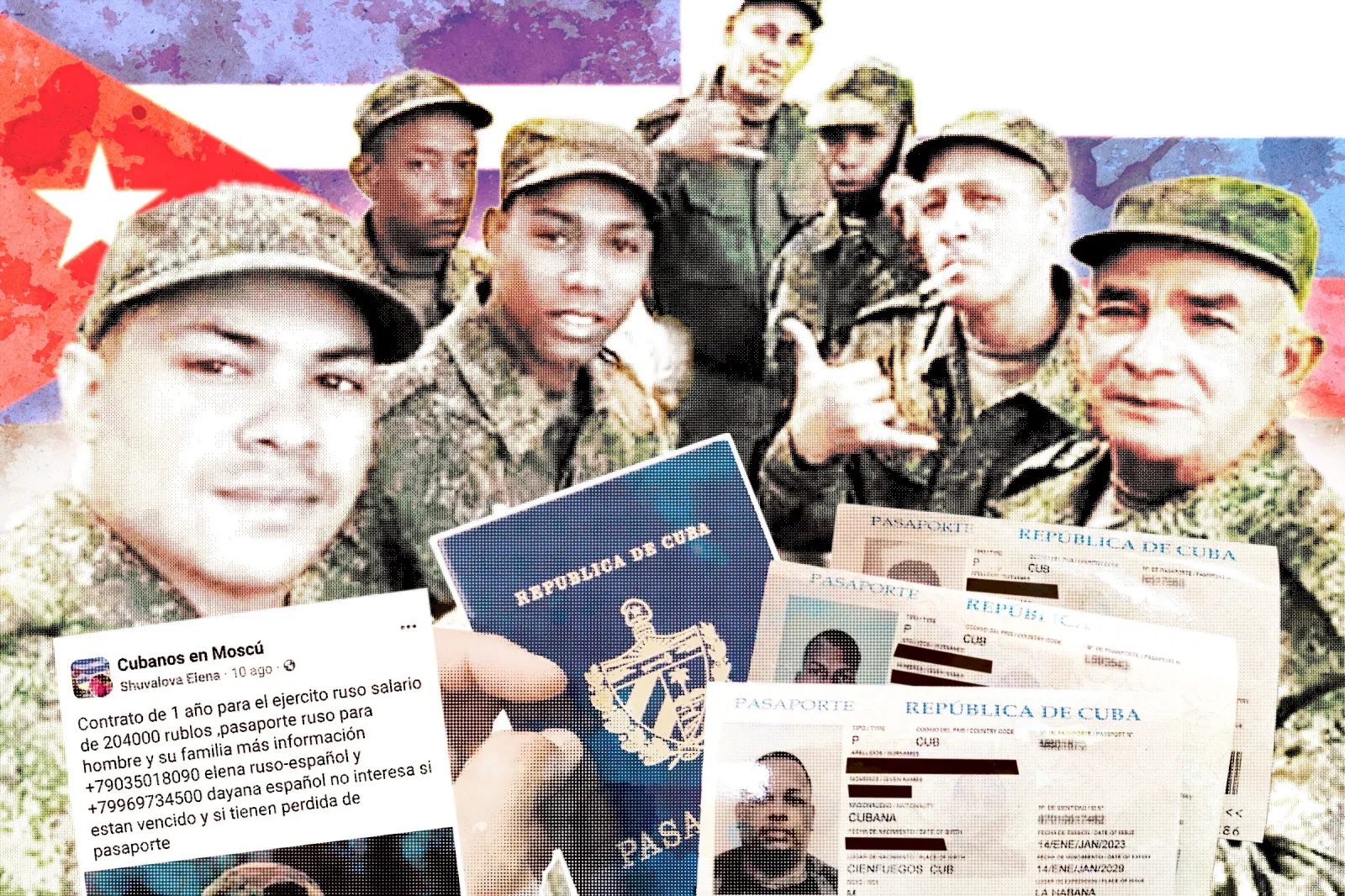 Photo-illustration by Lon Tweeten for TIME Images: Alain Pararazzi Cubano / YouTube, Facebook, CyberResistance UA / Telegram
Photo-illustration by Lon Tweeten for TIME Images: Alain Pararazzi Cubano / YouTube, Facebook, CyberResistance UA / Telegram
